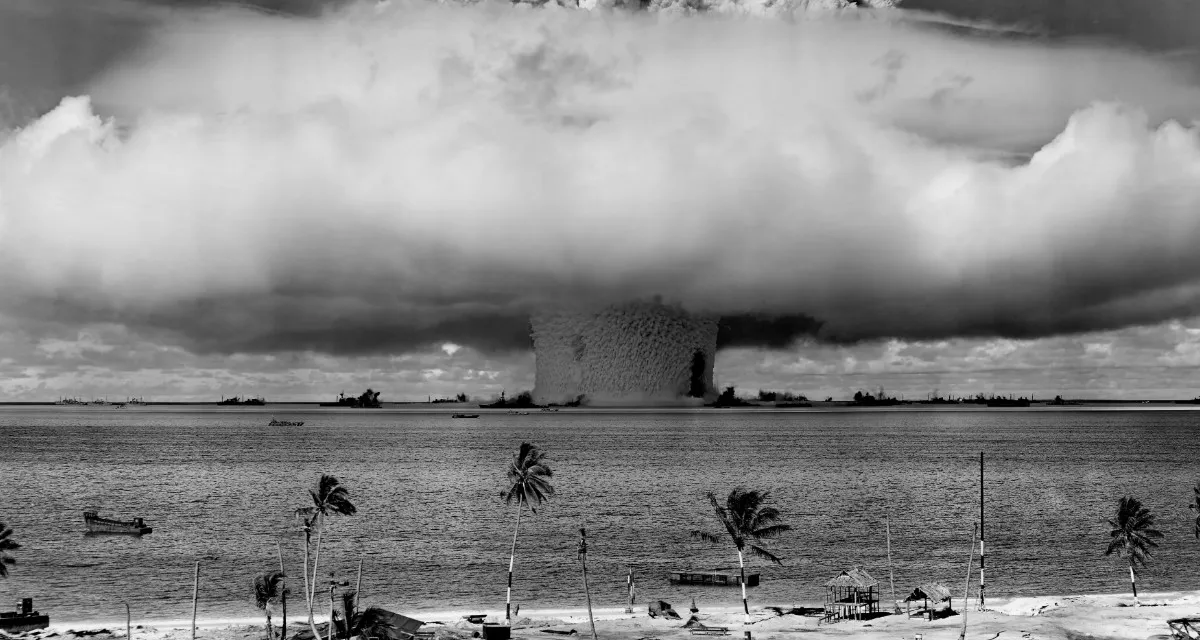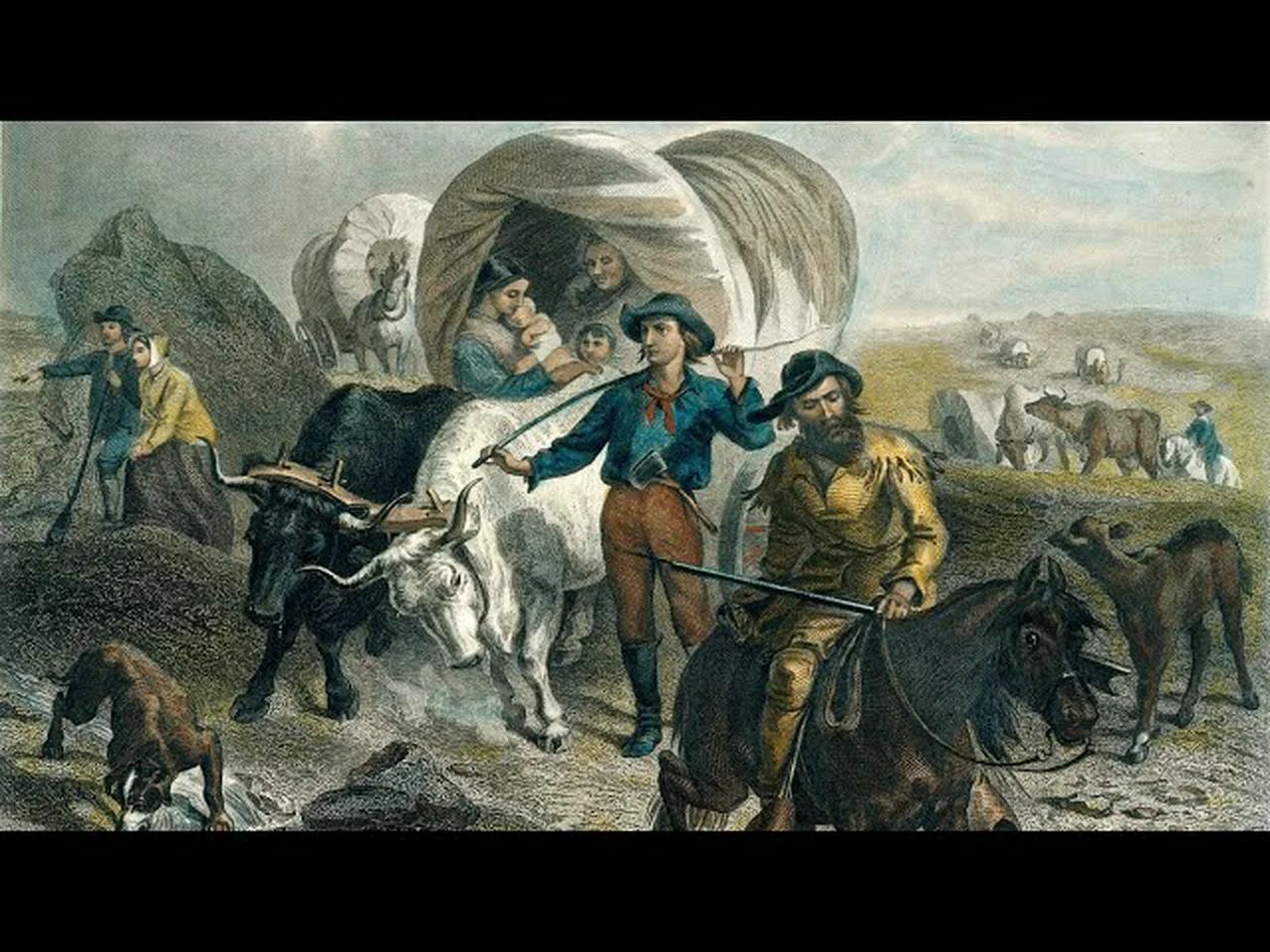Peering Through Theoretical Lenses: How Critics See Texts Differently
Literary theory provides a diverse toolkit for analyzing and interpreting texts beyond surface-level narratives. Each theoretical framework serves as a lens, offering unique perspectives that enrich our understanding.
Feminist Criticism: Unveiling Gender Dynamics
Feminist criticism dissects the representation and dynamics of gender roles, diving into how these elements influence literature. Through this lens, readers scrutinize how female characters are depicted, often questioning their marginal or superficial placement in narratives traditionally dominated by male perspectives. This critical approach examines literature as a mirror reflecting societal structures, shedding light on the patriarchal norms prolific within the text’s environment. By challenging traditional gender roles and highlighting feminist perspectives, this theory uncovers literature's role in reinforcing or challenging societal gender norms.
In analyzing a classic narrative through feminist criticism, one might examine how passive female roles sustain patriarchal themes or how female voices challenge traditional narratives. This lens not only amplifies marginalized voices but also brings attention to the undercurrents of gender bias and equalities in literature, thus fostering a broader cultural discourse on gender and power.
Psychoanalytic Criticism: Delving into the Unconscious
Psychoanalytic criticism applies the psychological theories of figures like Sigmund Freud and Jacques Lacan, probing the unconscious elements of a text. This approach analyzes character motivations, symbolic representations, and narrative structures that resonate with psychological dynamics such as the id, ego, and superego. By delving into these unconscious layers, psychoanalytic criticism offers a deeper psychological understanding of both characters and authors.
One might explore a character's internal conflicts or dreams to uncover hidden desires and fears. Such readings can reveal the psychological universality of narrative themes and the intricate interplay between an author's personal psyche and literary creation. This theory not only enriches character analysis but also illuminates the broader human conditions mirrored in literature.
Reader-Response Theory: The Role of Interpretation
Reader-response theory shifts the focal point from the text or author to the reader’s subjective experience. Proponents of this approach argue that meaning in literature is not fixed but is instead shaped by the interaction between reader and text. Each reader brings personal experiences and interpretations to their engagement with a text, making every reading unique.
The theory highlights how emotions, previous experiences, and individual beliefs influence readers' interpretations. For instance, a reader from a rural background might respond differently to themes of nature than someone from an urban environment. By acknowledging these varied interpretations, reader-response theory embraces the diversity of literary engagement and underscores the active role a reader plays in creating meaning.
Uncovering Hidden Narratives: What Lies Beneath the Words
Literature is often more than meets the eye, with deeper narratives woven into its structure and themes. Unlocking these hidden stories is at the heart of literary analysis.
The Power of Dual Timelines
Authors frequently employ dual timelines to juxtapose different periods or viewpoints, enriching the narrative with depth and complexity. Through this technique, authors can explore the evolution of themes, reveal secrets from the past, or illustrate the overarching impact of historical events.
Imagine a novel that oscillates between past and present, showing the ripple effects of historic events on modern lives. Analyzing the interplay of these timelines brings to light the intricate narrative threads that tie together disparate periods, revealing deeper insights about human resilience or societal change.
Decoding Cultural References
Texts often teem with cultural and historical references, which can carry significant meaning for their contemporaneous audience. To modern readers, these cues might be subtle or obscure, necessitating research into the cultural context to comprehend their significance fully.
Consider a text replete with political slang or social norms specific to its era. Understanding these references requires engaging with the historical and cultural backdrop of the text's creation. This decoding process is akin to piecing together a cultural jigsaw puzzle, revealing the social commentary or historical critique embedded within the narrative.
Revealing Social and Historical Contexts
Beyond the words on a page lies the broader societal and historical backdrop against which literature is set. Literary works often critique or reflect prevailing societal challenges, from systemic discrimination to economic disparity.
A critical analysis might reveal, for example, how a text navigates themes of racial injustice or socio-economic inequality. By situating a literary work within its historical and cultural contexts, we gain profound insights into its societal commentary and enduring relevance. This methodological approach not only highlights literature's role as a societal mirror but also sparks dialogue on contemporary social issues, urging us to reexamine our own cultural narratives.
Table: Interconnecting Theories
| Literary Theory | Key Concepts | Representative Critics/Thinkers | Interplay and Interpretation Focus | Region of Origin |
|---|---|---|---|---|
| Structuralism | Language as a system of signs; binary oppositions; underlying structures in texts | Ferdinand de Saussure, Claude Lévi-Strauss | Examines the underlying structures that govern narratives and meaning | English-speaking countries (UK, USA influence) |
| Deconstruction | Textual instability; multiple meanings; reader's role in interpretation; dismantling binaries | Jacques Derrida, Paul de Man | Focuses on the inherent contradictions and ambiguities within texts | English-speaking countries (USA, UK academic adoption) |
| Psychoanalysis | Unconscious desires; symbolism; author’s psyche; reader's unconscious response | Sigmund Freud, Jacques Lacan | Explores psychological dimensions of texts and reader’s emotional engagement | English-speaking countries (UK, USA) |
| Marxism | Class struggle; ideology critique; economic base and superstructure | Karl Marx, Terry Eagleton | Analyzes literature as a reflection and critique of socio-economic conditions | English-speaking countries (UK, USA) |
| Feminist Theory | Gender roles; patriarchy; female experience; representation and identity | Simone de Beauvoir, Judith Butler, Elaine Showalter | Investigates gender dynamics and power structures in texts | English-speaking countries (USA, UK) |
| Reader Response | Reader's interpretation; subjectivity; text-reader interaction | Stanley Fish, Wolfgang Iser | Highlights the active role of the reader in creating meaning | English-speaking countries (USA) |
Bridging Ideas: Interdisciplinary Connections in Literary Criticism
Literary criticism thrives on its intersections with other fields, blending insights from diverse disciplines to enrich textual interpretations.
The Influence of History
Understanding the historical context of a literary work is critical in unpacking its thematic depth and societal messages. Historical circumstances can profoundly shape an author's narrative, influencing everything from character actions to thematic explorations.
During periods of significant social change, for example, literature often reflects the turbulent political and cultural upheavals of the time, providing a nuanced snapshot of history through a personal lens. This interpretive approach not only enhances our appreciation of the text but also broadens our understanding of its historical context, offering insights into how literature both shapes and is shaped by its era.
The Insights of Philosophy
Philosophical underpinnings anchor many literary theories, helping to answer fundamental questions about human existence, meaning, and interpretation. By engaging with philosophical ideas such as existentialism or postmodernism, critics gain tools for dissecting the existential themes and narrative structures within texts.
Consider a philosophical lens that questions traditional notions of truth or identity, prompting readers to explore the multiplicity of meanings and interpretations inherent in literature. This approach encourages a deeper engagement with the philosophical complexities embedded within texts, facilitating a richer exploration of existential and metaphysical themes.
The Impact of Psychology
Psychological theories, especially those related to psychoanalysis, provide valuable frameworks for exploring character development, motivations, and narrative symbolism. By examining psychological dimensions, critics can uncover how characters' actions reflect broader psychological themes and unconscious desires.
A deep psychoanalytic reading might analyze the recurring symbolism within a text, tracing its roots to collective or individual psychological frameworks. Such analyses reveal the profound psychological insights authors embed in their narratives, illuminating the emotional and symbolic layers that enrich literary interpretation.
The Social Perspective
Sociological insights are pivotal in understanding how literature reflects and critiques societal structures. This approach focuses on themes such as class dynamics, gender roles, and power relationships, viewing literary works as windows into societal experiences.
By considering how fiction mirrors societal conflicts and transformations, sociological criticism underscores the role literature plays in both reflecting and challenging prevailing social narratives. Through this lens, literature becomes a platform for engaging with contemporary social issues, fostering critical dialogues about equity, justice, and human rights.
Embracing Diversity in Critique: The Fusion of Old and New
Literary criticism is a dynamic and evolving field, with newer perspectives adding richness and diversity to traditional methodologies.
Integrating Traditional and Contemporary Frameworks
Critics today often blend classical literary theories with contemporary approaches, such as cultural studies and digital humanities. This integration offers a nuanced perspective that respects the historical context of texts while aligning with current scholarly and cultural dialogues.
This fusion encourages analyses that reflect the complexities of modern identities and cultural experiences, facilitating a more inclusive and expansive understanding of literature. This approach not only preserves but also enriches traditional modes of critique, fostering a dynamic literary landscape that evolves with societal values and norms.
The Importance of Diversity, Equity, and Inclusion (DEI)
Modern literary criticism increasingly emphasizes diversity, equity, and inclusion, pushing for broader representation in scholarship. DEI perspectives challenge the canonical barriers that have historically excluded marginalized voices, urging new interpretations and scholarly explorations through culturally diverse lenses.
Embracing DEI principles in literary criticism fosters a deeper appreciation for varied narratives and insights, ensuring that analysis reflects the full spectrum of human experience. This shift promotes inclusivity, which helps break down longstanding biases in literary traditions, creating a space for all voices to be heard and valued.
Addressing Complexities in Texts
The blending of traditional and contemporary critical methods helps unveil the multifaceted nature of literature. By applying multiple theoretical lenses to a single text, critics can dissect its complexities more thoroughly, uncovering hidden layers and meanings.
This multi-dimensional approach allows for a comprehensive exploration of literary works, acknowledging the depth and breadth of their thematic and structural intricacies. By embracing complexity and ambiguity, critics can generate more nuanced interpretations that engage ongoing dialogues within the literary community, promoting a fertile ground for academic and cultural exploration.








